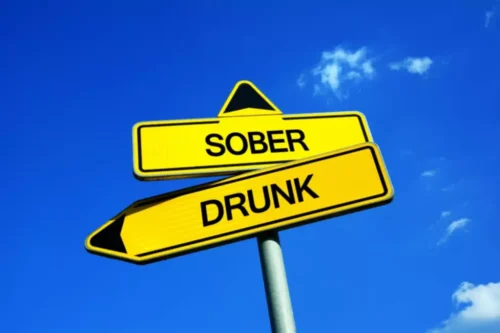
However, this doesn’t mean you can’t implement and enforce healthy personal boundaries. If you’re thinking about suicide, are worried about a friend or loved one, or would like emotional support, the Lifeline network is available 24/7 across the United States. Keep paying attention to your loved one when they are doing better or simply making an effort. Too often we are so angry or discouraged that we take it for granted when things are going better.
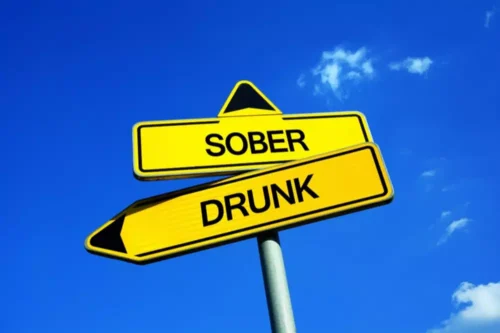
Need help with a drinking problem?
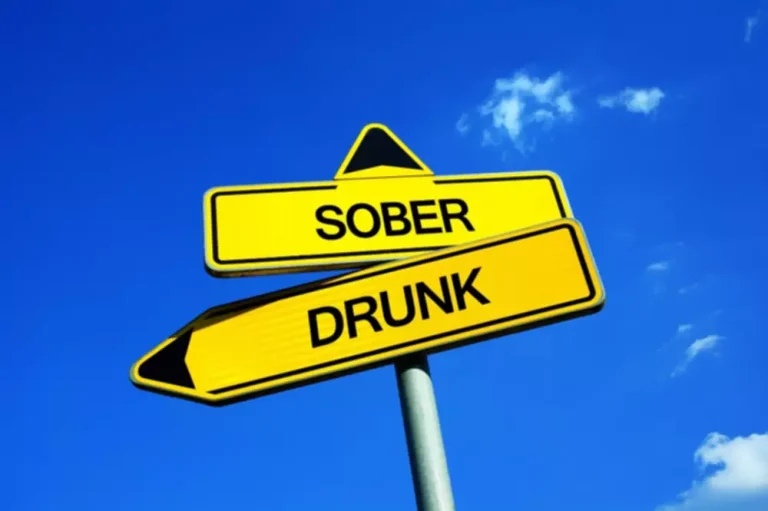
Having a support system in place can make a significant difference in the recovery process post-rehab. Based on clinical experience, many health care providers believe that support from friends and family members is important in overcoming alcohol problems. But friends and family may feel unsure about how best to provide the support needed. The groups for family and friends listed in the “Resources” section may be a good starting point.
- AUD is characterized by an impaired ability to stop or control alcohol use despite adverse social, occupational, or health consequences.
- Some groups may be specialized for a certain gender, ethnicity, religion, or age.
- Intensive residential rehabilitation may require an additional assessment process to determine if there is funding for this.
Find a Support Group or Local Program for Mental Health, Drugs, or Alcohol
Below is a selection of alcohol support groups that people may wish to join. Specific groups are available for members who are women, nonbinary, BIPOC (Black, Indigenous, and People of Color), or LGBTQIA+. Additional meetings are led by Recovery Dharma Online, a peer-led effort coordinated by members of the Recovery Dharma group. LifeRing coaches its members to become their “Sober Self” and leave the behaviors of their “Addict Self” in the past.
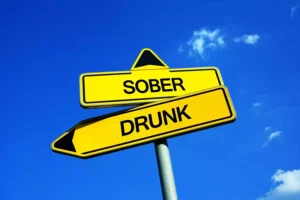
Alcoholics Anonymous
The organization also offers online and in-person meetings all around the world. This support group promotes early self-recognition and offers in-person and online meetings, including video and phone meetings. Moderation Management also has private online communities with support for those who struggling with alcohol addiction volunteer moderators who previously used the groups.
Healthline’s picks of the 9 best alcohol support groups
A handful of seats the GOP is seeking to flip have a slightly higher share of Hispanic eligible voters than the national average, which the Pew Research Center predicts is 14.7 percent. Those districts include Virginia’s 7th, Pennsylvania’s 7th, New York’s 18th and Connecticut’s 5th, according to a National Republican Congressional Committee internal data analysis shared with Roll Call. Of 48 women referred, 39 became participants, and follow-up data were collected for 32. Approximately one-third of participants were drinking as heavily at follow-up as they were before the intervention. More than 50% were abstinent from drinking at follow-up, and 12.5% reported drinking reduction.

Are there organizations other than Alcoholics Anonymous?
For people in need of a rehab program, many insurance plans have provisions that allow certain addiction treatments to be covered. Recovery Dharma is a nonprofit organization that uses Buddhist practices to support people on their path to recovery. The https://ecosoberhouse.com/ peer-led groups use meditation, personal inquiry, and community to help equip members in recovery.
- If you know someone who has firsthand knowledge of a program, it may help to ask about their personal experience.
- Only relying on family, friends or carers for this often is not enough.
- Your doctor will also be able to recommend nutrition and exercise tips specific to your body.
- It is important to gauge whether the facility provides all the currently available, evidence-based methods or relies on one approach.
- While the 12-step program used by Alcoholics Anonymous is an effective and well-known format, some online sobriety groups have different structures that may cater to different types of people.
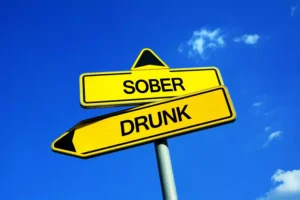
Insurance companies may provide full or partial coverage for inpatient rehab, outpatient rehab, and other additional treatment services, depending on the company and plan. The plan is intended to provide practical tools to address recovery head-on with a support system in place. It also provides scientific research on addiction and techniques to maintain sobriety. Self-Management and Recovery Training (SMART) is an international community of mutual-support groups that cover conditions like substance use disorders, eating disorders, gambling, and more.
A word of appreciation or acknowledgment of a success can go a long way. Overcoming AUD is an ongoing process—one that can include setbacks. You will want to understand what will be asked of you in order to decide what treatment best suits your needs.












